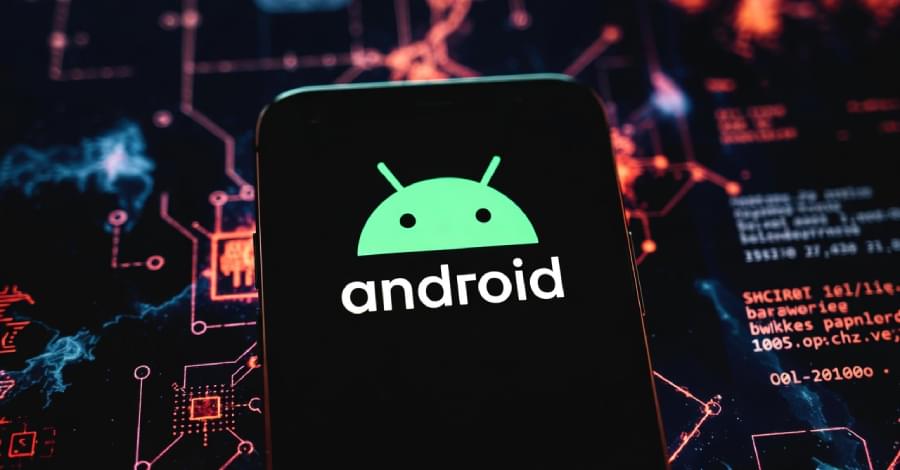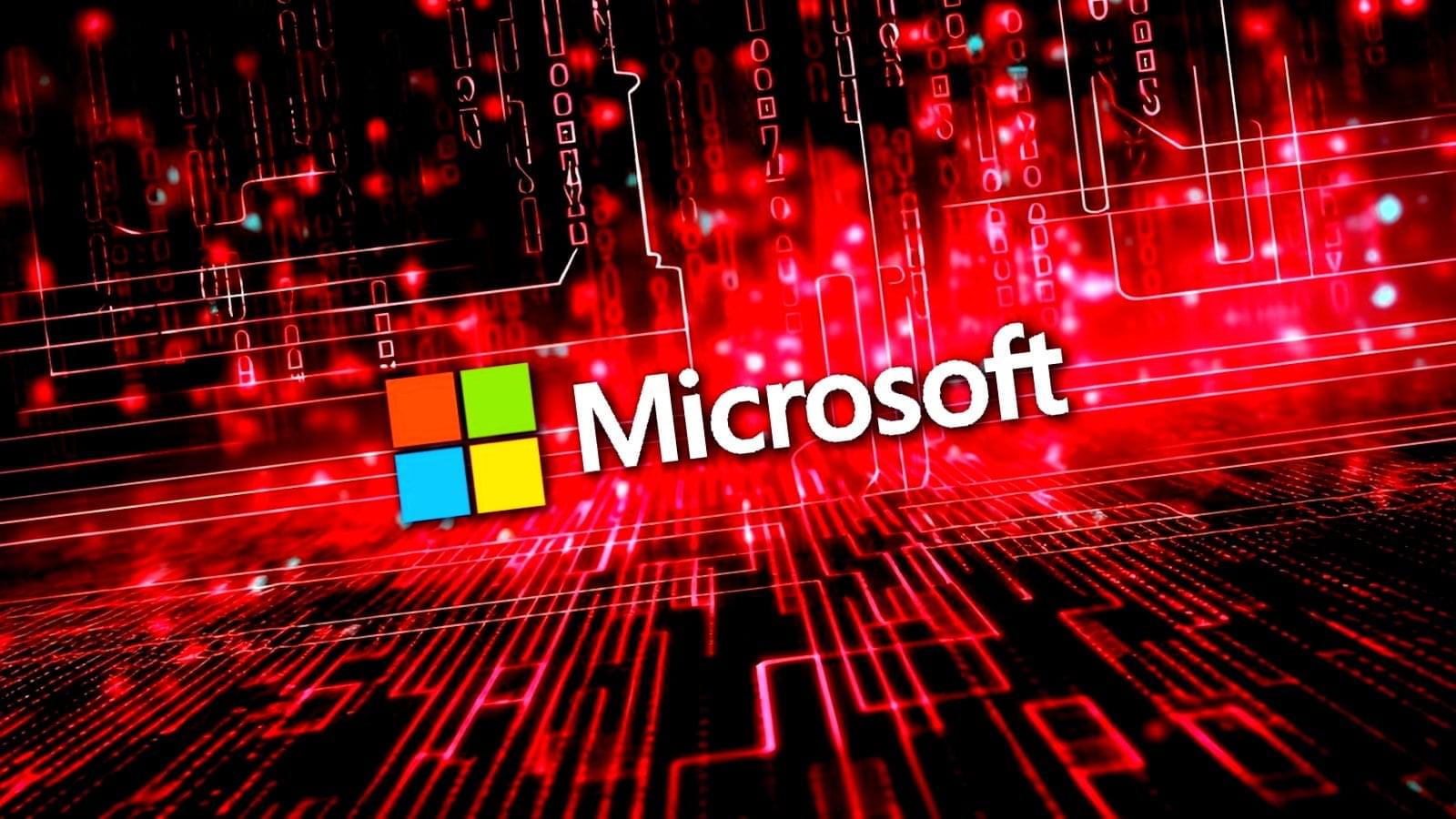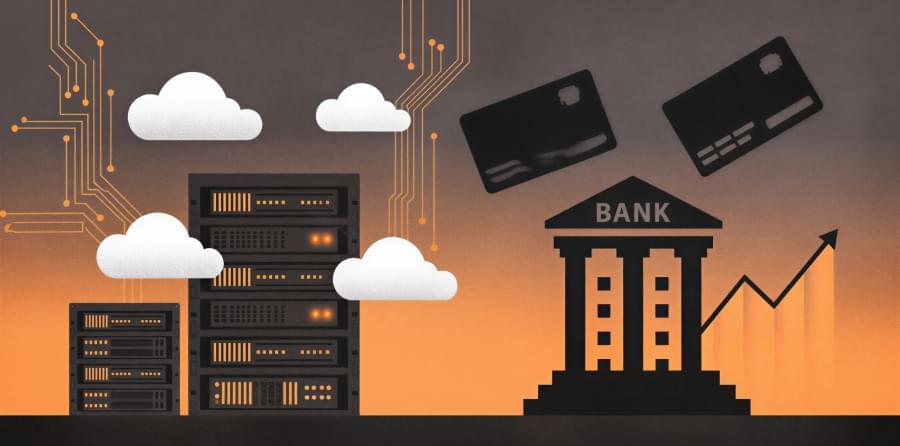The FBI warned that Americans lost more than $20 million last year amid a massive surge in ATM “jackpotting” attacks, in which criminals use malware to force cash machines to dispense money.
According to a Thursday FBI flash alert, more than 700 ATM jackpotting incidents were reported last year alone in a significant spike compared to the roughly 1,900 total incidents reported across the United States since 2020.
These attacks can be carried out in minutes and target the software layer controlling an ATM’s physical hardware, using malicious tools such as the Ploutus malware. Most often, they go undetected by financial institutions and ATM operators until the cash is already gone.






